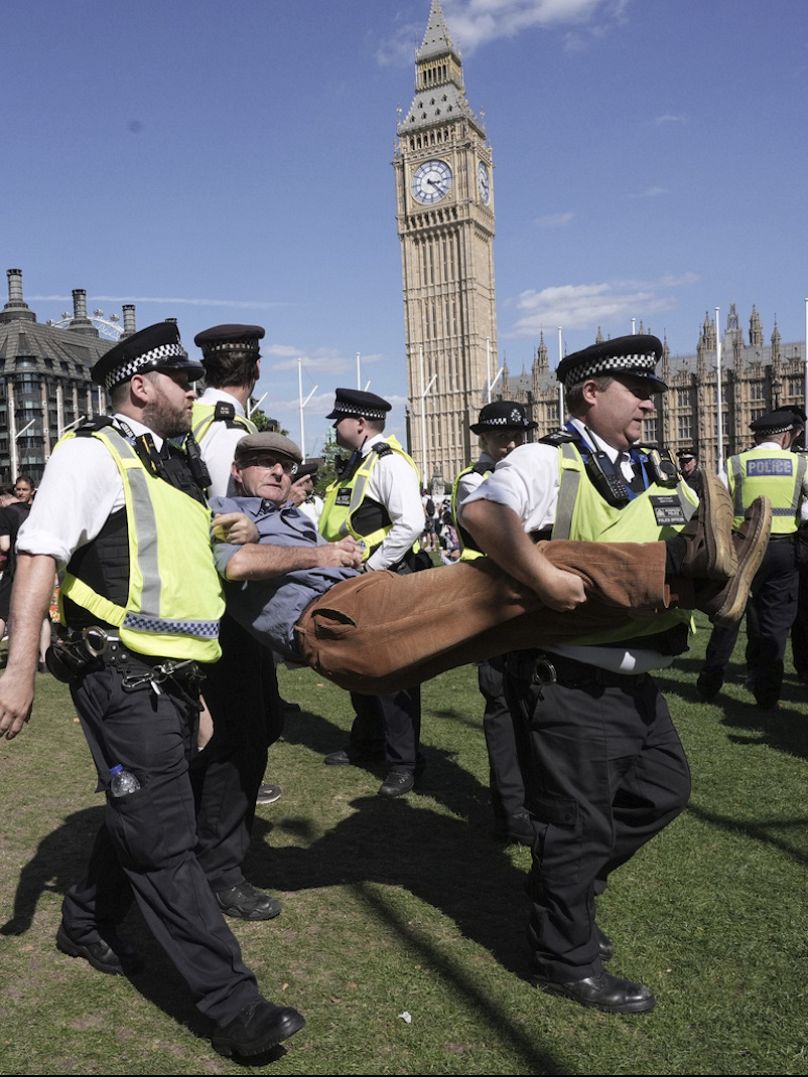 ADVERTISEMENT
ADVERTISEMENT The UK government has warned best-selling Irish author Sally Rooney that her public pledge to support the banned group Palestine Action could fall foul of terrorism laws.
Speaking after Rooney announced she would donate her BBC adaptation royalties to the controversial campaign group, a spokesperson for the prime minister said: “Support for a proscribed organisation is an offence under the Terrorism Act and obviously the police will, as they have set out, implement the law as you’d expect.”
While the spokesperson did not address Rooney’s comments directly, they added: “There is a difference between showing support for a proscribed organisation, which is an offence under the Terrorism Act, and legitimate protest in support of a cause.”
The warning follows Rooney’s defiant statement in The Irish Times, in which she wrote: “If this makes me a supporter of terror under UK law, so be it.” She described the group’s supporters as “brave individuals” and pledged to continue backing “direct action against genocide.”
Palestine Action was officially proscribed in July, shortly after members broke into RAF Brize Norton and sprayed red paint on military aircraft, causing an estimated £7 million (€8.1 million) in damage.
Rooney, 34, who lives in the west of Ireland, said she plans to donate proceeds from her work, including the BBC adaptations of Normal People and Conversations With Friends, to Palestine Action.
Since the group was outlawed on 5 July, more than 700 people have been arrested in connection with Palestine Action activities – over 500 of them at a protest in London’s Parliament Square earlier this month. Half of those now facing terror charges are over the age of 60, according to police data.
Rooney has long been vocal in her support for the Palestinian cause. She previously joined a boycott of Israeli publishers and declined to have her 2021 novel “Beautiful World, Where Are You” translated into Hebrew by an Israeli company.
In her recent op-ed, she accused the UK government of stripping away “basic rights and freedoms,” warning that “the ramifications for cultural and intellectual life in the UK… are and will be profound.”





